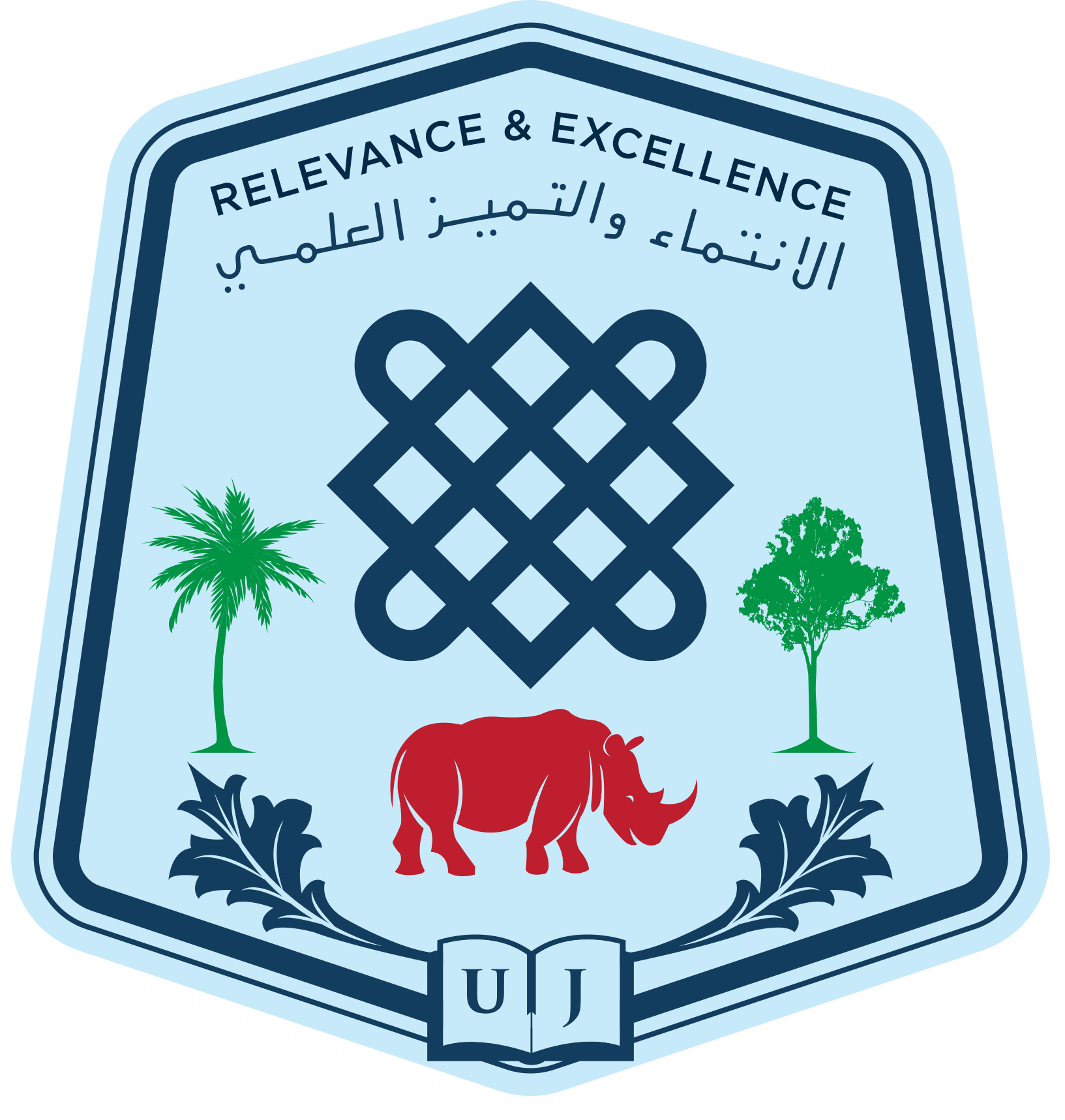by; Jacob Dut Chol Riak, Ph.D, Dak Gai Badeng
Abstract
This study explores the intersection of hydro-politics, national interests, and global terrorism within the context of the Nile Basin countries. The research delves into how water resources and their management can become a flashing point of conflict, especially considering the significant geopolitical tensions surrounding the Nile River. Key agreements, such as the 1929 and 1959 Nile Water Agreements, have historically exacerbated tensions by privileging certain nations, notably Egypt, over others. These agreements have prohibited upstream countries from undertaking projects that might affect the water flow, leading to disputes over water rights and usage. The construction of major infrastructure projects like the Grand Ethiopian Renaissance Dam (GERD) has further strained relations, particularly, between Ethiopia, Egypt, and Sudan. While the hydro projects are critical for the economic development and energy needs of upstream countries, they pose a perceived threat to downstream nation-states’ water security. This delicate balance of interests underscores the intricate link between national policies and regional stability. Furthermore, the study examines how terrorist groups exploit water resources and infrastructure to fund their activities and destabilize regions. Groups like ISIS have targeted water infrastructure to exacerbate water scarcity, thereby influencing local populations and furthering their control. This highlights the dual role of water as both a vital resource and a potential tool for terrorism. The research methodology combines secondary data analysis and primary data collection from accessible populations, acknowledging limitations related to time, resources, and data availability. The study used 70 sample size with purposive sampling technique. The findings indicate tensions, conflicts and terrorist activities amongst Nile Basin countries. The hydro-hegemony of Egypt has continued to stir up tensions in the management of Nile river water resources amongst Nile Basin countries. Recommendations include fostering dialogue through platforms like the Nile Basin Initiative, promoting sustainable water management practices, addressing poverty and inequality, and enhancing regional cooperation to combat terrorism. The study’s significance extends to policymakers, academics, and the scientific community, offering insights into hydro-politics, terrorism, and regional diplomacy in Africa. By understanding these dynamics, stakeholders can develop more effective policies to mitigate conflicts and promote stability in the Nile Basin region, ultimately contributing to a more secure and cooperative international landscape. The study concludes by emphasizing the necessity of cooperative water management model that addresses socio-economic and environmental factors contributing to water insecurity and adoption of Cooperative Framework Agreement (CFA) of 2024 in sharing, management and ownership of Nile river water resources between upstream and downstream countries.
Keywords: Hydro-Politics, National Interest, Global Terrorism, Nile River, Nile Basin Countries, Conflicts, Water Agreements, Cooperation
Download the PDF File Hydro-Politics-and-National-Interest-in-Promotion-of-Global-Terrorism-A-Review-of-Nile-Basin-Countries
